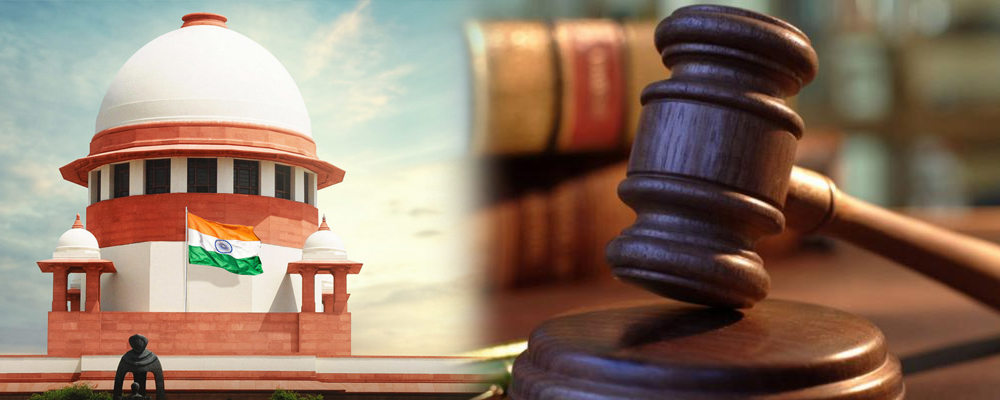Recently, while hearing the case of [Jai Prakash Tiwari v State of Madhya Pradesh], the Bench of Justices CJI NV Ramana, Krishna Murari and Hima Kohli observed that while examining an accused under Section 313 of the CrPC, all the adverse evidence shall be put in the form of questions so as the accused is given an opportunity to articulate his defence and give his explanation.
The learned Bench opined that, “if all the circumstances are bundled together and a single opportunity is provided to the accused to explain himself, he may not be able to put forth a rational and intelligible explanation”. It was also clarified by the Court that such omission does not necessarily vitiate the trial ipso facto, unless the accused is not able to prove that a grave prejudice has been caused to him.
Facts of the case
The court was hearing an appeal filed by the accused who had been convicted under Section 307 of the Indian Penal Code, 1860 and Sections 25 and 27 of the Arms Act,1959.
The prosecution claimed that the accused along with the co-accused went to the complainant’s house and called him outside.
When the claimant came out of his house, the appellant fired at him with a country made pistol.
The trial court gave the judgement based on the testimony of the mother of the deceased, hence convicting the accused.
Need A Legal Advice
The internet is not a lawyer and neither are you. Talk to a real lawyer about your legal issue

Observation of the Apex Court
The Supreme Court observed the witness statements required to be scrutinised more carefully. Thus, while pursuing the same, the Court came to the conclusion that the statements of the witness do not inspire confidence.
It was also noted by the Court that, in the Statement under Section 313, the accused stated that he and the complainant belonged to opposite students parties and thus, due to animosity in elections, he was being falsely implicated in the matter.
Two witnesses to prove his alibi were also presented by the accused, who gave the statement that the accused was in his village as his mother was unwell.
It was also brought to the notice of the Court that the father, sister and brother of the complainant were all part of the police department.
Thus, referring to the judgments of the trial court and the High Court, the Supreme Court Bench was of the opinion that they did not scrutinise the defence version put forward by the accused in Section 313 of the CrPC.
Regarding the rights of the accused Under Section 313, following observations were made by the Hon’ble Supreme Court-
Section 313 of the CrPC provides a valuable right to the accused to establish his innocence and could be considered as more than a statutory right, but a constitutional right to a fair trial under Article 21 of the Constitution.
The purpose of Section 313 of the CrPC is to provide the accused an opportunity to explain the circumstances which could have emerged during the course of the Trial. Such reasonable opportunity means that the adverse evidence shall be put in the form of questions, thus providing the accused an opportunity to articulate his defence and provide an explanation.
It was also observed by the Court that if all the circumstances are bundled together while a single opportunity is provided to the accused to explain himself, it may not be possible for the accused to put forth a reasonable and intelligible explanation. These exercises, which defeat fair opportunity, are nothing but mere formalities.
Non fulfilment of the true spirit of the Section 313 may cause grave prejudice to the accused and the court may not have the benefit of all the necessary facts and circumstances to arrive at a fair conclusion thus, making the court to draw adverse inferences. Such omission may not vitiate the trial, unless the accused is not able to prove that grave prejudice has been caused to him.
The objective behind Section 313 of the Code is to establish a direct dialogue between the court and the accused.
It is the duty of the Courts to ensure that the accused is provided with an equal opportunity to defend himself. The same shall be considered with caution and must be scrutinised by application of mind by the Judge.
The appeal was allowed by the Apex Court.
Lead India offers you a team of experienced advocates who have been successfully handling murder cases and other criminal cases. Thus, if you seek legal advice or guidance, you can contact us.





 Talk to a Lawyer
Talk to a Lawyer